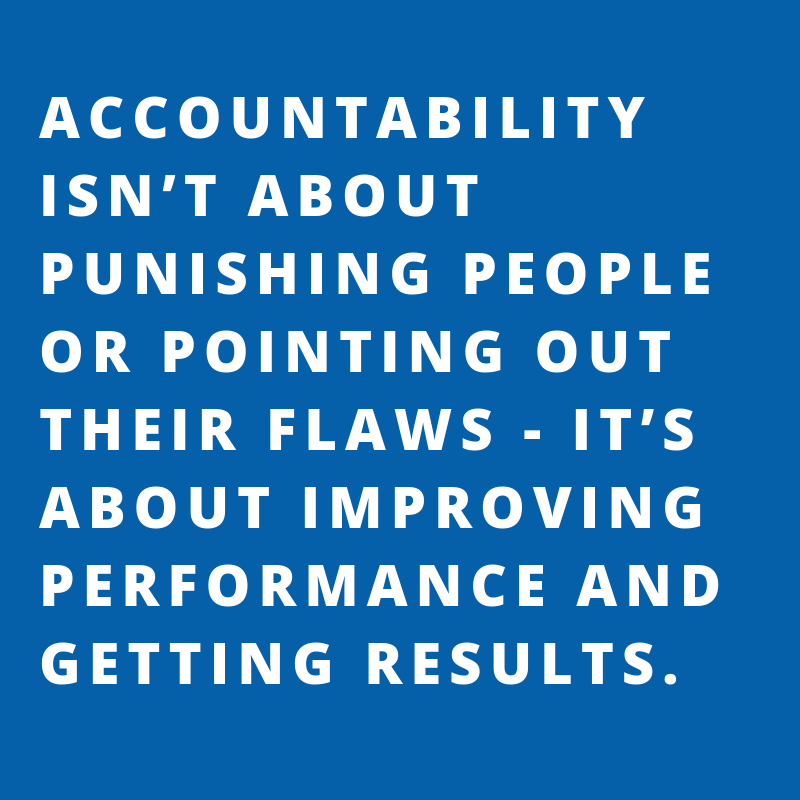Young leaders: How to hold people accountable
By Brian Guillerault, governor at large, Generation Next
Hews Co LLC
This article was originally published in the May 2019 issue of Generation Next Edition
 Ah, accountability. It’s the thing we all love to talk about, but the process of actually holding people accountable is something that many leaders struggle with - especially new leaders. I’ve had my share of struggles with this, and I’m sure some of you have as well. Like anything, it takes practice to develop these skills. To help you become a better leader, this article outlines a few practical approaches to holding people accountable.
Ah, accountability. It’s the thing we all love to talk about, but the process of actually holding people accountable is something that many leaders struggle with - especially new leaders. I’ve had my share of struggles with this, and I’m sure some of you have as well. Like anything, it takes practice to develop these skills. To help you become a better leader, this article outlines a few practical approaches to holding people accountable.
- Set clear expectations
People need to know exactly what is expected of them in order to do their job effectively and meet performance standards. Clarity is key, and it’s our duty as leaders to communicate clearly and directly about what those expectations are. On the other side, people need to know what the consequences are for not meeting expectations. People are responsible for doing their jobs, and we as leaders need to hold people accountable by enforcing consequences when expectations and standards are not met. To make things official, standards and consequences need to be documented. This will help remove grey areas.
- Provide direct and honest feedback
If you have an issue with one of your people, address it right away. If it’s a sensitive issue, handle it in private. If they do something positive, praise or reward them in public so they can be recognized for the accomplishment. This will build confidence and help reinforce the right behaviors. A great way to provide regular feedback is to conduct regular one-on-ones (or 1:1) with your people. 1:1 meetings have a dedicated time and frequency (weekly, monthly or quarterly) and allow you to review performance, address areas to improve, highlight accomplishments, discuss goals, and focus on the next set of objectives. Lastly, feedback is a two-way street. Always ask for specific feedback from them about your management style or how you can support them better.
-
Be consistent
The final piece is to maintain consistency in the areas that promote and uphold accountability. We need to be consistent with our performance standards, our consequences, and how we communicate with our people. You run the risk of diminishing your credibility as a leader if you treat people differently, play favorites, or are unclear about your expectations. We can’t afford to lower standards for people who underperform. Additionally, we can’t afford to not carry out consequences when necessary; the wrong behaviors will continue to happen until there is a consequence. Finally, how you communicate is key to getting “buy-in” and consistent performance. Communication and feedback should be given in a tactful and respectful way.
It’s our job as leaders to push our people to work hard, get results, and develop. Accountability isn’t about punishing people or pointing out their flaws - it’s about improving performance and getting results. Use the tips above as a resource to hold your people accountable the right way and become a better leader.